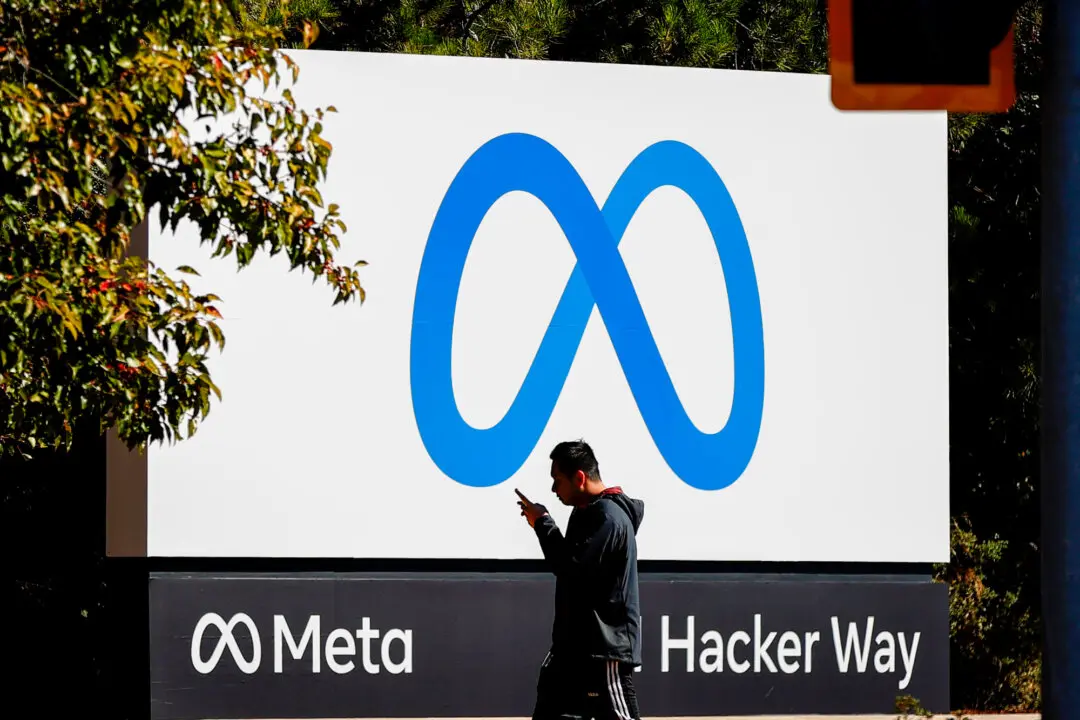Australia will charge big tech companies if they do not pay Australian media companies for news hosted on their platforms.
“The news bargaining initiative will ... create a financial incentive for agreement-making between digital platforms and news media businesses in Australia,” Assistant Treasurer and Minister for Financial Services Stephen Jones said at a press conference on Dec. 12.





